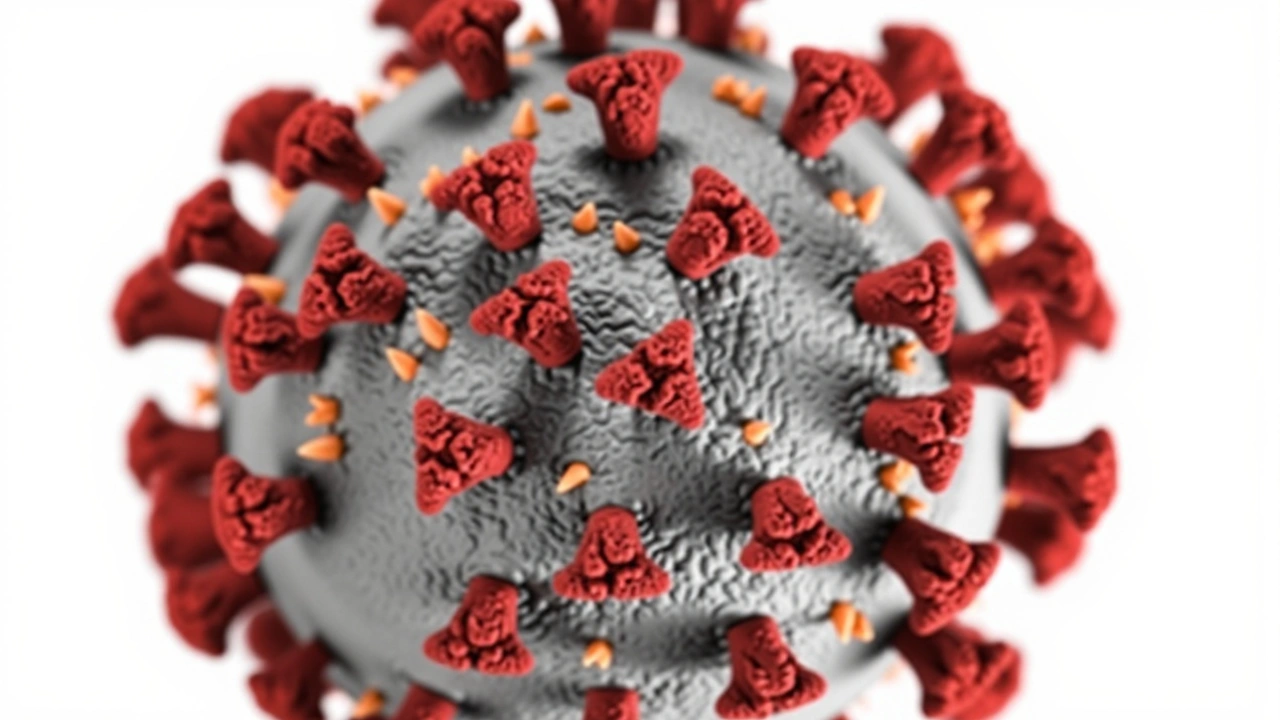Understanding the HMPV Outbreak: Clear Facts You Can Use
Ever heard of HMPV? It stands for human metapneumovirus, a respiratory virus that’s been causing concern recently due to outbreaks in several parts of Africa and beyond. It spreads much like the flu, through coughs, sneezes, and close contact. Knowing how it moves and what signs to look for can make a big difference if you want to avoid catching it or passing it on.
What Exactly is HMPV and How Does It Show Up?
HMPV mainly causes symptoms similar to a bad cold or flu. Think cough, runny nose, fever, and sometimes trouble breathing, especially in young kids, older adults, or people with weaker immune systems. It’s not uncommon for it to lead to bronchitis or pneumonia if untreated. If you or someone close starts showing these symptoms and they don’t clear up quickly, it’s wise to consult with a healthcare provider.
Practical Steps to Keep Yourself and Others Safe
Since HMPV spreads easily, the best defense is the same as for many viruses: good hygiene and caution. Wash your hands regularly with soap, cover your mouth and nose while coughing or sneezing, and avoid close contact with anyone who’s unwell. If you’re feeling sick, staying home helps protect those around you. And remember, there’s no specific medicine for HMPV, so resting and managing symptoms with your doctor’s advice is the way to go.
Outbreaks like this can feel scary, but being informed and proactive helps you stay ahead. Whether it’s about the latest updates or clear tips on prevention, keeping yourself and your community safe starts with understanding what HMPV is and how to handle it smartly.






